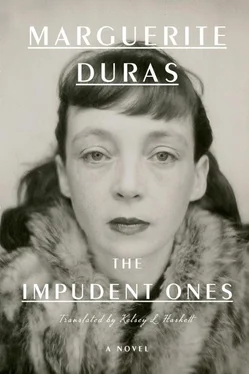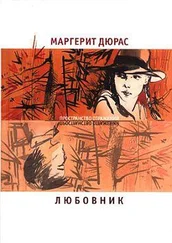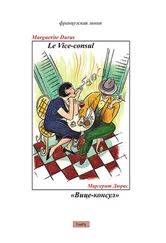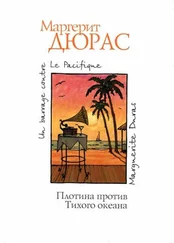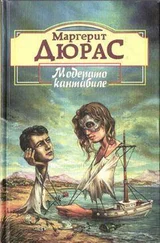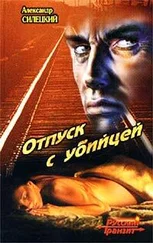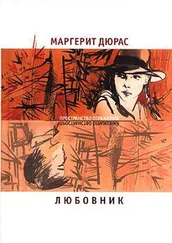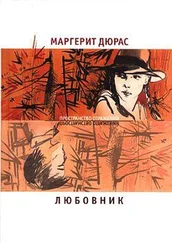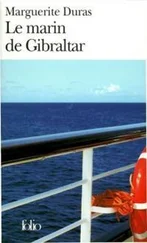With her face in her pillow, she sobbed for a long time, her visage half-turned toward the window open to the western sky, already being deserted by the sun.
ONE DAY SHE DECIDED TO VENTURE ALONG THE ROAD TO THE Pardal. June was coming to an end. The harvests were waiting for the reapers. Only the vines, spread out on the sides of the hills, were still turning green under the brilliant light, preferring the more tender and dreamy light of autumn to ripen.
The men were waiting in their cool houses to emerge once again in the full light of day, once summer had drawn to a close. Nothing troubled the torpor of their surroundings and of the countryside except, from time to time, the flowing shadow of a cloud passing by, very low and at an unusual speed, as if fleeing the disturbing calm of the sky.
Lovely rows of poplars alternated with small dark hedges of wild rosebushes, dividing the region into checkered patterns of gradated green, varying according to the direction the hills faced. Below, in the shadow of elms and alders that cast the noble hue of their pale foliage over the anonymous luxuriance of other trees, all uniformly dark, the Dior flowed quickly by…
Once outside, Maud didn’t know what to do. She sat on an embankment and waited. Little by little she was seized by the same despair as in her room; she waited in vain for the end of the afternoon. Nobody passed by on the road, and evening came.
In the sky, a few clouds accumulated like fluffy sheep. There was no wind. Occasionally the lowing of a cow came from afar and gave Maud a start; filled with grass, tired of grazing, producing long, muffled ruminations, the animal was asking for its stable. Alone in the sky, the crows traced the irregular lines of their flight. Flying high, they broke the silence with their hoarse calls, vaguely announcing that angry times were coming, although it wasn’t clear whose anger or against whom it was directed. Certainly, no people passed by.
The clay road was beige. Almost the whole expanse of the sky was also beige, a light beige hanging over Maud’s head, thicker near the horizons close to the mud. Soon the birds also went to sleep; from time to time, one of them, uneasy with its location, would fly, worried, toward a neighboring bush.
A contrite dog headed home, slowly and wearily, like a human. As he passed by, he encountered Maud with his lifeless eyes, which made him look like a thing among other inert things.
The young woman set out again. Now the light that the sky poured onto the countryside no longer hurt her. Walking down the road, she looked back from time to time to take in all the scenery around her. Suddenly she found herself face-to-face with George Durieux.
She muffled a cry, because she hadn’t expected him, while George, for his part, looked at her with great uncertainty. In the gentle, subdued light, he took on an appearance that she didn’t recognize. He had the bearing of a farmer and the stance of an animal ready for a fight. He wasn’t doing anything, as usual, and his huge, useless strength got in the way of his breathing and his gestures.
“You were coming home? It’s crazy, but you frightened me…” Composing herself, Maud smiled and put her hand flat against his chest. With this unexpected gesture she protected herself from the strange presence that broke into her solitude.
He was caught up at first in his emotions but then spoke roughly to her. “You were making off again, weren’t you? Admit it…” She couldn’t believe she had run into him; she thought he was at Semoic. What was he doing hanging around the house instead of coming in? And those knocks on the door? Had she been dreaming?
“No, I just came outside,” she muttered. He looked disconcerted. She turned away somewhat so as not to look at him. “Come with me for a moment.” He followed her, knowing, nevertheless, that he had been fooled and that she would soon be emboldened by her desertion.
They went in. While she closed the shutters, she heard him murmuring, “I love you, Maud. I’ve been so unlucky with you…” The servant had gone. Maud went to the kitchen to prepare drinks.
What did she want? He thought about the night below the shed, when she had set about looking for the iron bar with the same determination that now hardened her looks, chiseling a deep wrinkle into her forehead, so unusual on her face. He would never have come to her if he hadn’t first met her on the path and been invited in. Now, however, because he had met her… Maybe she would stay, after all, for she never spoke about leaving; he never pushed her to decide one way or the other—in fact, it was just the opposite. Maybe, even though she wasn’t happy, she had decided to stay. That was what he wanted—for her to decide on her own.
“Maud!” He called as loudly as if she had been very far from him. She guessed that he wanted her, and wanted her to come to him right away, feeling the return of his boldness and intoxicated with the dizziness his newfound confidence gave him…
She reappeared, carrying a tray full of drinks. He took it out of her hands, set it down randomly, and taking her by the shoulders, toppled her over onto a chair in front of him. She said nothing. A kind of curiosity made the gray of her eyes sparkle—a gray full of light, not like lifeless metal, but like mercury ready to flee, a gray that made gray the very color of passion. She let herself go with the natural, animal-like feebleness of the female who lends herself to male desire, even when she doesn’t feel it spontaneously herself.
Usually when he came into the bedroom, he would slide toward her in the darkness, and it was she who would facilitate his pleasure. He would moan with terrible rage, and in those moments, she felt she was the strongest…
When he pushed her over onto the chair, she thought he was going to talk to her, but all he could do was repeat her name with a panting voice whose varied intonations expressed the cruel alternation of his despair and his love. She stayed immobile, her shoulder slightly raised, her hands open on her knees, while her lips slowly parted and a fine, shiny white blade appeared.
Suddenly he burst out laughing; what he didn’t dare admit, he hid under this loud laugh: “When you leave, Maud, do you know what I’m going to do?” She didn’t flinch. “Do you know what I’m going to do?”
Why did he evade all their moments of pleasure? She wouldn’t understand until much later. Springing up, she grabbed his shoulder and gave him her mouth. But he broke away and exclaimed, “What do you want me to do? There won’t be anything left for me to do, just like now, I’ll be incapable of taking you back.”
He kissed her, but almost without desire. Maud kept herself from giving him, even for an instant, the mad hope he desired. Lying can become such a common occurrence that a lie can escape from one’s lips without one enduring any suffering as a consequence. But Maud was weak when it came to lying—even if she willed herself to do it, her words would have betrayed her.
Their joined lips were cold, but they preferred this contact to that of their eyes, which fled from each other… “Anyway, I don’t care,” mumbled George, “just as I don’t care about suffering. When someone despises themselves as much as I do, it’s perhaps the only thing that gives you a little dignity in your own eyes…”
She sank into his arms, and between his legs, sliding her head against his shoulder. His veins pounded heavily against her ear. She was sad, sadder than him, and felt only contempt for herself. Her took her, mechanically, for the last time.
He didn’t even show up anymore for meals, which were served to Maud in her bedroom, and he inflicted on her from that point on the torment of absolute solitude. She felt dreadfully weary. Her tiredness grew from day to day; soon she could not eat the meals that the servant brought up to her and had to lie down for several hours at a time. George inquired as to what she wanted to eat; he thought she was bored and was showing her discouragement this way.
Читать дальше
